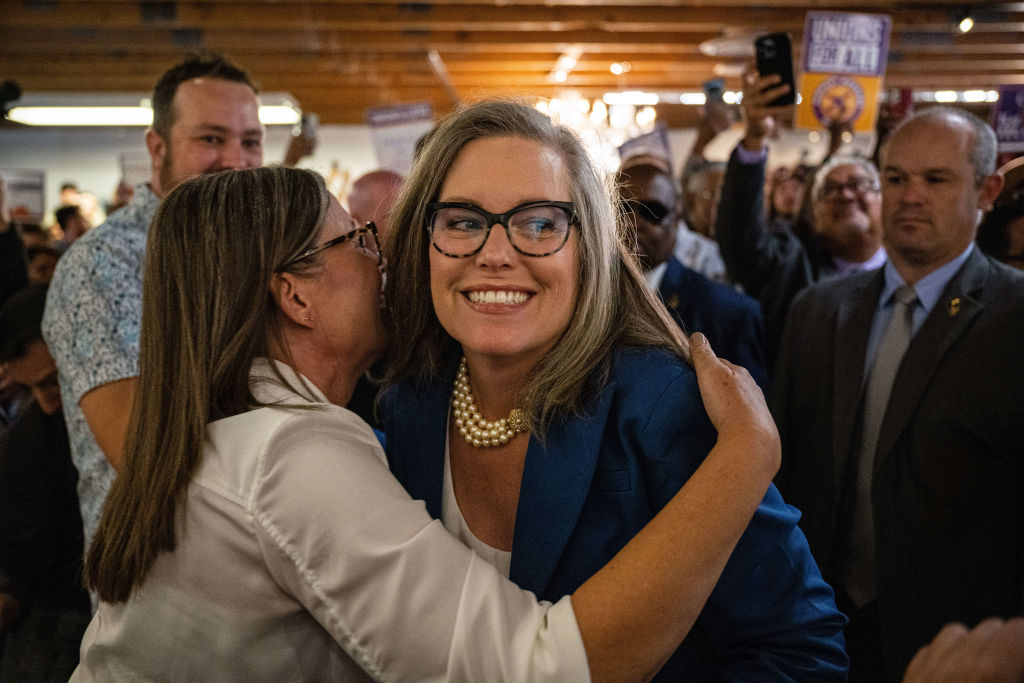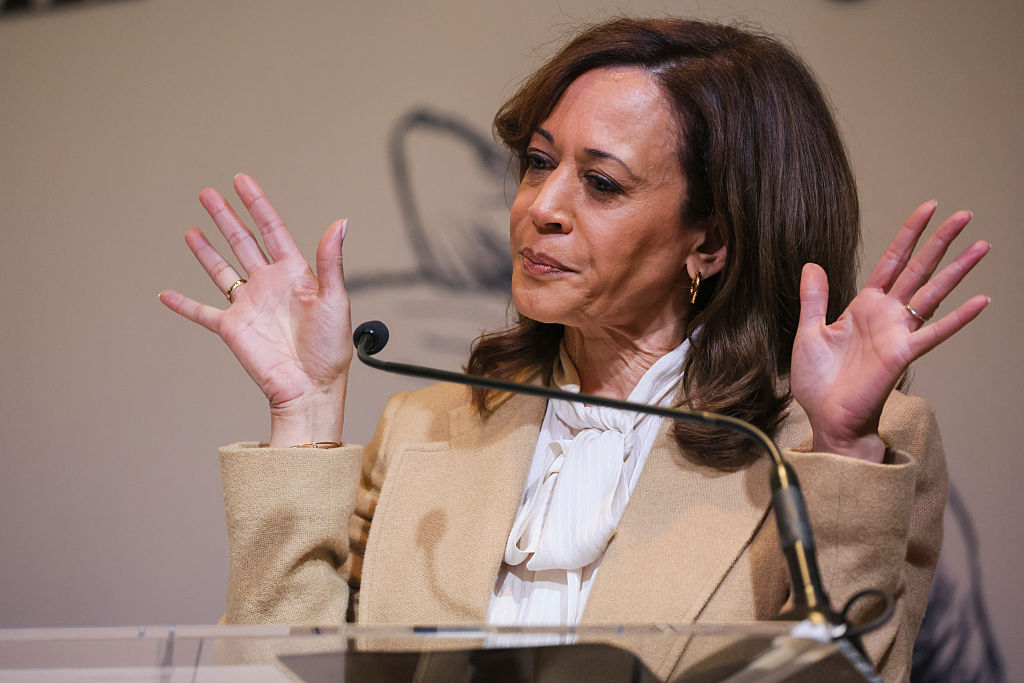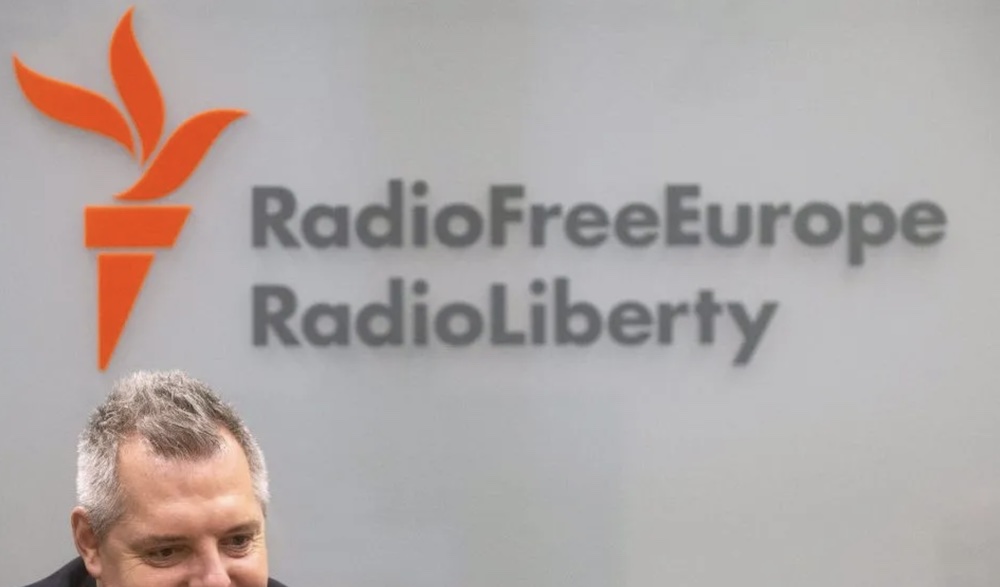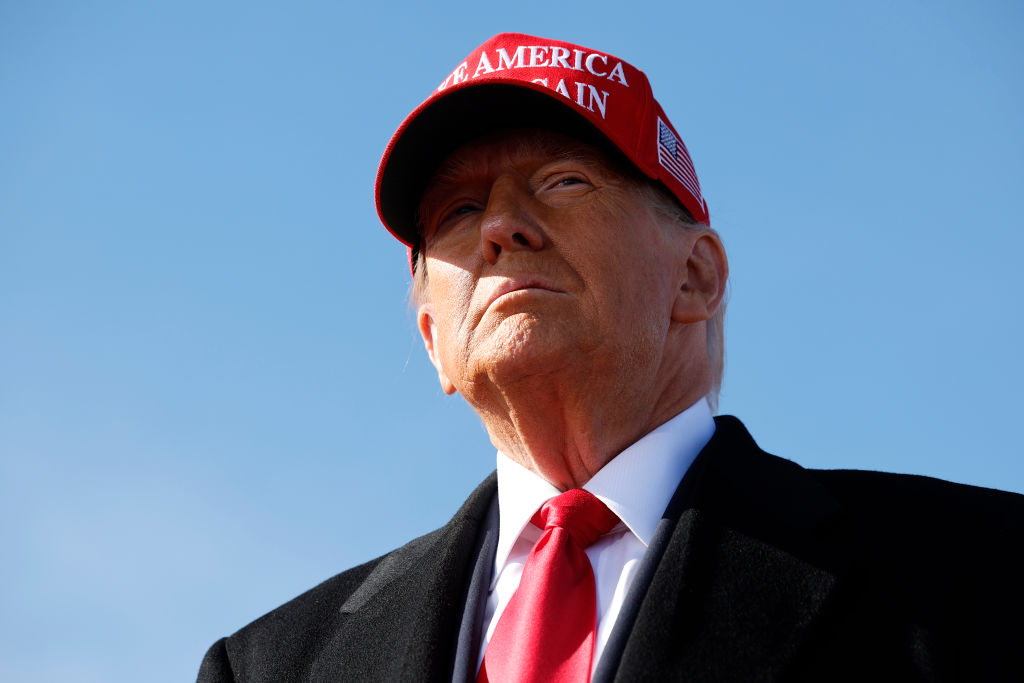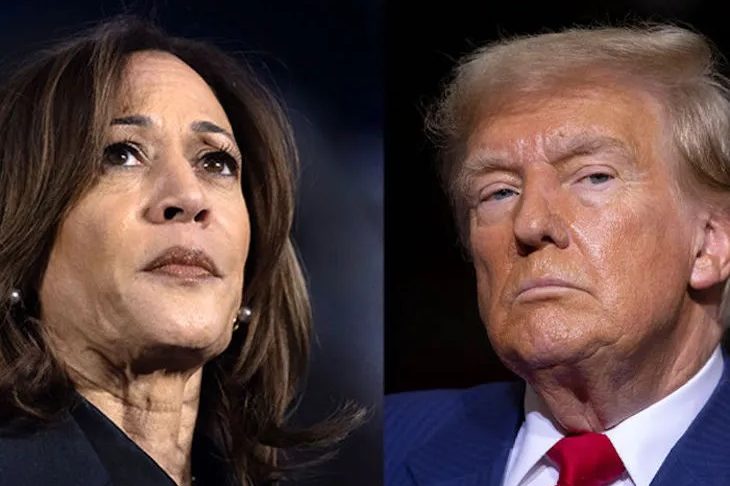“What’s the problem with Arizona?”
I’ve been asked this question countless times in the past week, as I was after Election Day 2020. That year, it took nine days for major media organizations to call my home state for President Joe Biden. This time around, the major races were called after six, but several down-ticket contests still hang in the balance.
Friends as far away as Hungary and Brazil asked how their entire nations can count votes in a few hours, while it takes Arizona a week or more. Not to mention Floridians, where races were called an hour after polls closed.
Back in 2000, the Sunshine State was the electoral laughing stock. Now, it’s Arizona’s turn. Boy, did we earn it.
Two decades ago, Florida’s presidential tally between George W. Bush and Al Gore was “tight as a tick,” according to journalist/weirdo Dan Rather. Palm Beach County officials argued for weeks over hanging chads, dimpled chads and tri-chads. After a month-long media circus, countless lawsuits and record sales of magnifying glasses, the state was finally for Dubya.
But the bitterness remained — and conspiracies followed.
The state improved its process to ensure the confusion and embarrassment were never repeated. As a result, Florida became the gold standard for election management by the next election.
Arizona’s politicians chose a different path after 2020. Instead of passing major voting reforms, they just mocked frustrated partisans and laughed at their kooky theories. Chaos was all but guaranteed for the midterms.
The trouble started early.
Tabulation machines at up to 30 percent of Maricopa County precincts weren’t reading votes. This massive area includes Phoenix and more than 60 percent of the state’s population. It took hours for election officials to figure out the cause was a bad printer setting, which was fixed after noon.
There’s no way to know how many Arizonans saw the long lines and skipped voting, but those who toughed it out were assured their ballots would be counted. Just very, very slowly.
The glacial pace frustrated partisans even more, including big names in politics.
Former president Donald Trump took to Truth Social, writing: “Idiot, and possibly corrupt, officials have lost control of the tainted election in Arizona. MACHINES BROKEN IN REPUBLICAN AREAS. A NEW ELECTION MUST BE CALLED FOR IMMEDIATELY!”
Senator Tom Cotton of Arkansas was more subdued. “The people of Arizona and Nevada deserve a lot better than the electoral system the politicians in those states have delivered to them,” Cotton said.
In our low-trust environment, it’s understandable to assume shenanigans are afoot. But never credit to conspiracy what is adequately explained by incompetence. Arizona officials are never short of the latter.
Election observers and lawyers for both parties have closely monitored the count since Election Day. The slow process can be blamed entirely on the state’s lousy election rules.
Mail-in votes are counted as they arrive, and traditional ballots filled out on Election Day are counted electronically. Since many voters don’t trust the postal service or drop boxes, a staggering number dropped off their mail-in ballots at their polling places last Tuesday.
These so-called “late early” votes created the bottleneck. They must be signature-checked, scanned, processed by a bipartisan board and only then added to the count. A big reason why Florida doesn’t allow this “late early” option.
Unlike in Florida, Arizona’s polling places themselves are few and far between. This year, Miami-Dade County offered 1,048 voting locations, or one for every 2,541 residents. The much-larger Maricopa County offered only 223. That works out to one polling place per 20,166 residents.
Since the few precincts get overwhelmed, ballots are often shipped to centralized processing locations. This adds even more time.
Arizona’s failure was not caused by an elaborate conspiracy; that would require more competence than our leaders have on offer. Instead, it’s the typical clown car we’ve come to expect on Election Day. Senator Cotton is right: we do deserve better.
We heard a lot of talk this year about “saving our democracy.” To do so, voters need to trust the democratic process in an environment where trust is vanishingly rare. The simplest way to restore faith in our system is to adopt the reforms Florida pioneered — not only in Arizona, but in Nevada, California and other slowpoke states.
These states don’t have to reinvent the wheel. By passing a few bipartisan, commonsense election reforms, the whole country can know who won on Election Day.



